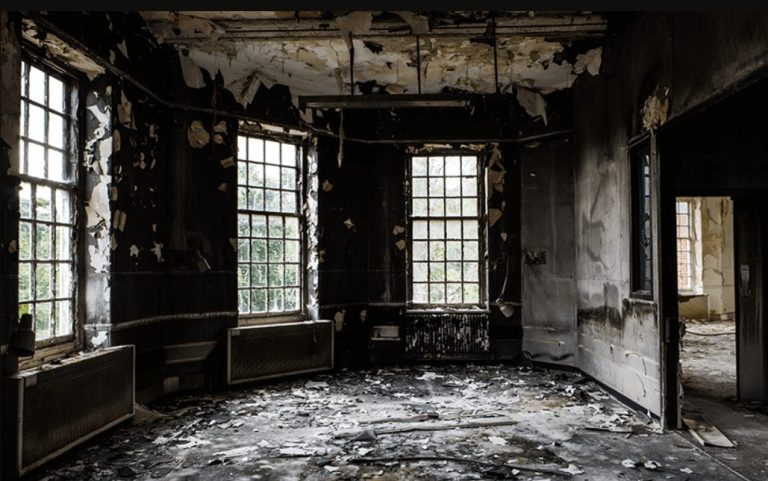The Hidden Costs of Plumbing: Why Maintenance Matters More Than You Think
Understanding the Scope of Plumbing in Homes
Plumbing is a critical aspect of any home, yet it often goes unnoticed until problems arise. Homeowners may not realize that maintaining their plumbing system is just as important as ensuring their roofs or foundations are sound. With around 480,600 licensed plumbers in the United States, according to ComfyLiving, the demand for professional plumbing services is evident. This extensive workforce highlights how integral plumbing is to everyday life and illustrates the potential troubles homeowners face without proper maintenance. By prioritizing regular check-ups, homeowners can prevent small issues from evolving into costly repairs.
Many homeowners underestimate the importance of consistent plumbing maintenance. They often only address issues as they arise, without realizing that neglect can lead to significant problems that require immediate attention. Plumbing systems, like any other essential home components, suffer wear and tear over time. If neglected, minor leaks or clogging can escalate, leading to more serious complications. These hidden costs can take a toll on a household’s budget, underscoring the importance of routine inspections and repairs.
When considering home improvements, plumbing maintenance might not be the first thought. Yet, it is crucial to incorporate it into regular home upkeep routines. Adequate plumbing not only supports daily activities but also preserves the home’s value. Properly maintained systems prevent leaks, which can cause structural damage if left unchecked. By investing in plumbing, homeowners are essentially investing in the longevity and reliability of their property.
The Impact of Leaks on Water Usage
Water is a vital resource, and its conservation is increasingly critical in today’s environmentally conscious society. Surprisingly, a standard home may experience seemingly minor leaks that waste over 10,000 gallons of water each year, according to WebFX. Such wastage not only affects utility bills but also strains local water resources. These leaks often go unnoticed until the water bill spikes or dampness develops, which can lead to mold growth and further damage. Regular plumbing maintenance can catch these issues early, ensuring efficient water usage and cost savings.
It is essential to recognize the long-term impacts of wasted water on both the home and the environment. When homeowners address leaks promptly, they conserve water and reduce the risk of damage to their home’s structure. Furthermore, managing water usage efficiently can significantly decrease monthly utility bills, making a noticeable difference in household expenses. The key to these savings is preventative care, taking action before issues escalate into expensive repairs or replacements.
Incorporating water-saving strategies within homes begins with maintaining the plumbing system. This process includes inspecting pipes for leaks, replacing old fixtures with water-efficient models, and routinely checking for dripping faucets or running toilets. Through these efforts, homeowners not only save money but also contribute to broader conservation efforts.
Common Causes of Plumbing Failures
Plumbing system failures can result in extensive damage and costly repairs, making understanding their causes crucial for homeowners. Among these failures, roughly 65% are attributed to some form of damage to the supply system material, according to Investopedia. This statistic highlights the importance of using high-quality materials and ensuring professional installation. Aging pipes, corrosive environments, and fluctuating temperatures can all contribute to material deterioration, emphasizing the need for regular inspections. By identifying potential vulnerabilities early, homeowners can preempt major problems and extend the life of their plumbing systems.
Overlooked areas, such as basements and crawl spaces, often house critical plumbing components. These areas are more susceptible to material damage due to their exposure to environmental elements and lack of regular monitoring. Without routine checks, problems could develop out of sight and escalate unnoticed. Factoring these spaces into regular plumbing evaluations helps maintain the system’s integrity and prevents minor issues from turning into substantial damage. Homeowners should consider engaging professional services to ensure thorough assessments in these hard-to-reach areas.
Another significant factor leading to plumbing failures is the buildup of mineral deposits and debris. Over time, these can cause blockages and weaken the structural integrity of plumbing materials. Regular system flushing and the use of water softeners can help mitigate these effects. However, some homeowners may need guidance or professional assistance to implement these preventative measures effectively.



